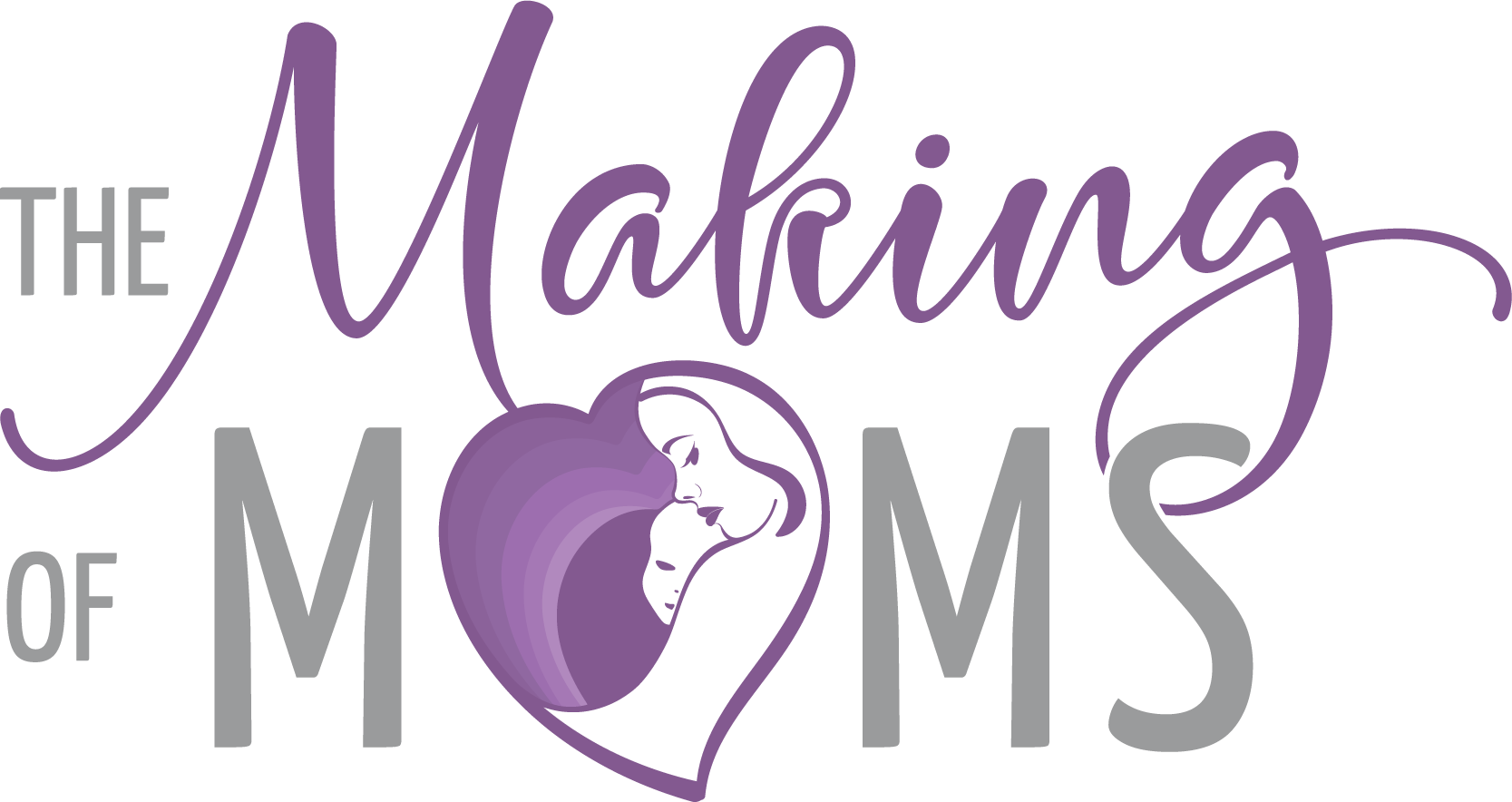 May is maternal mental health month and so there is no better time than now to distinguish between baby blues and postpartum depression, anxiety or mood disorders (frequently referred to as a PMAD).
May is maternal mental health month and so there is no better time than now to distinguish between baby blues and postpartum depression, anxiety or mood disorders (frequently referred to as a PMAD).
Up to 80% of new mothers experience baby blues. Baby blues refer to any upset, tearfulness, feelings of overwhelm, sadness or irritability or even mood swings that new moms experience. Most people are familiar with this term. It is so familiar, that any unsettling experience or feeling a new mother has in the first postpartum year is often dismissed as “just baby blues”.
This can be incredibly discouraging for a new mother and even worse, it can prevent her from getting the help she may desperately need if she is struggling from a PMAD. PMADs occur in approximately 20% of new mothers within the first postpartum year and can be quite debilitating.
Most new mothers have a hard time sharing how they are feeling. There is a great deal of societal pressure to feel happy and blissful, so women don’t talk about how they are really doing. There is enormous guilt and shame attached to admitting how they are doing. This makes it incredibly difficult for them to acknowledge and identify their experience. More devastating, is that they are not able to get the support and help they desperately need at this time.
What causes baby blues and PMADs
There are many factors that contribute to the development of baby blues and PMADs:
Biological: During pregnancy, a woman’s levels of the hormones estrogen and progesterone are really high, higher than at any other time of life. When the baby is delivered, those levels drop. In fact, they don’t just drop, they plummet! Add to this the physical exertion required in delivering a baby, whether vaginally or caesarian, and the subsequent sleeplessness, all while dealing with milk production and possibly learning to nurse. It is a tremendous load on the body and the neurobiological changes all contribute to baby blues and PMADs.
Psychological: there is no doubt that welcoming a baby into your family is a joyous and wonderful event. However, it is a disservice to families to think that it is 100% blissful and pleasant. It is quite stressful to be handed a vulnerable and tiny human being that you are completely responsible for. Not only is there no training manual for doing this, but you have also transformed from a pregnant woman into a mother. The psychological shift is profound.
Social: Having a baby shakes up your whole world. You are no longer an adult going about your day as you wish, you are a parent. Friendships change. Your relationship with your partner changes. Even your relationship with family changes. Additionally, your relationship to your work-self changes too.
Combined, the biological, social and psychological changes can all contribute, in part, or wholly, to the development of baby blues and PMADs. In both, the new mom needs help, but with PMADs, she needs additional support and understanding.
Baby Blues
- It’s only baby blues if it occurs within the first two postpartum weeks. If symptoms develop after this, it is not baby blues.
- Baby blues only last for a few days to two weeks. If symptoms last longer than 2 weeks, it is not baby blues.
- The intensity of baby blues is mild. In baby blues, symptoms are present but it doesn’t actually impact taking care of oneself or taking care of the baby. Mom may feel sad and tearful, but she will feel better fairly quickly after experiencing that sadness.
PMADs
- While PMADs can develop in the first two weeks after delivery, if they occur after the first two weeks, it is certainly a PMAD.
- The symptoms of PMADs last for longer than two weeks.
- PMADs affect functioning all the time. New moms with PMADs may not feel able to take care of themselves or their babies and the symptoms are always present.
It’s important to be aware of these difference between baby blues and postpartum depression, because it helps to recognize if you are among the many women who experience short-lived, mild symptoms, or you are experiencing something that requires additional support and treatment. If you have recently given birth but your sympoms are severe and have lasted for more than two weeks, it is important to get help. It can be treated and it can get better.
